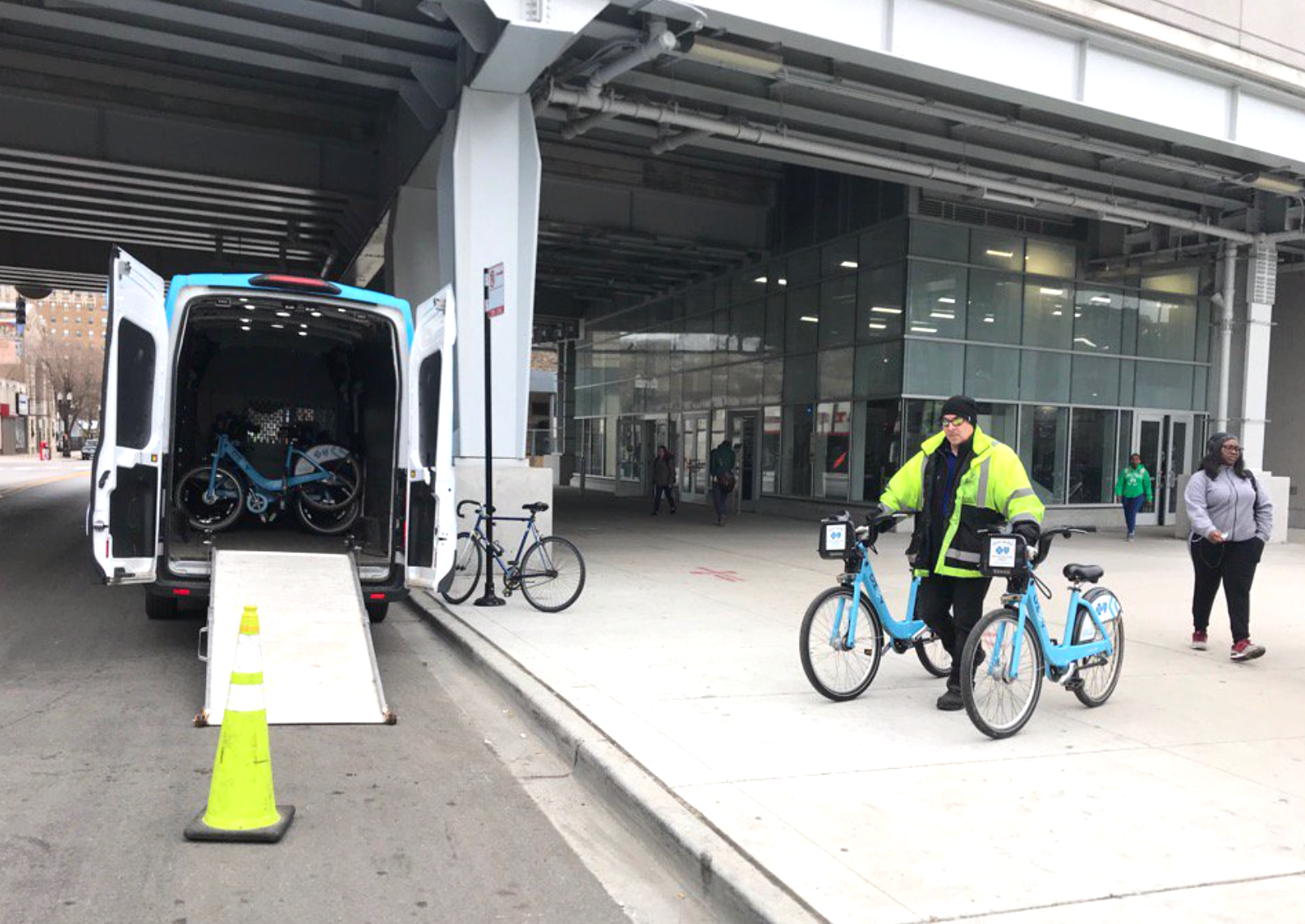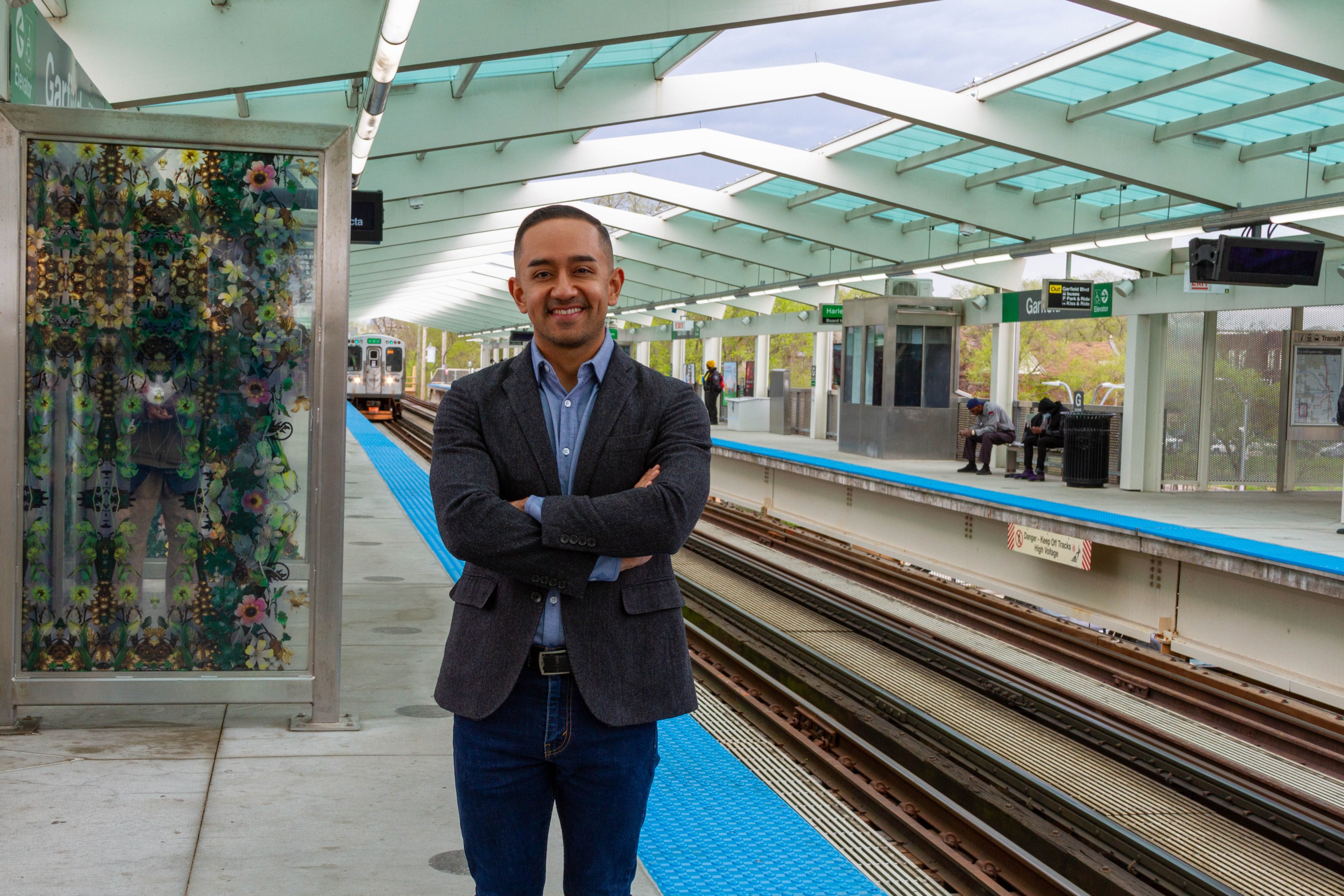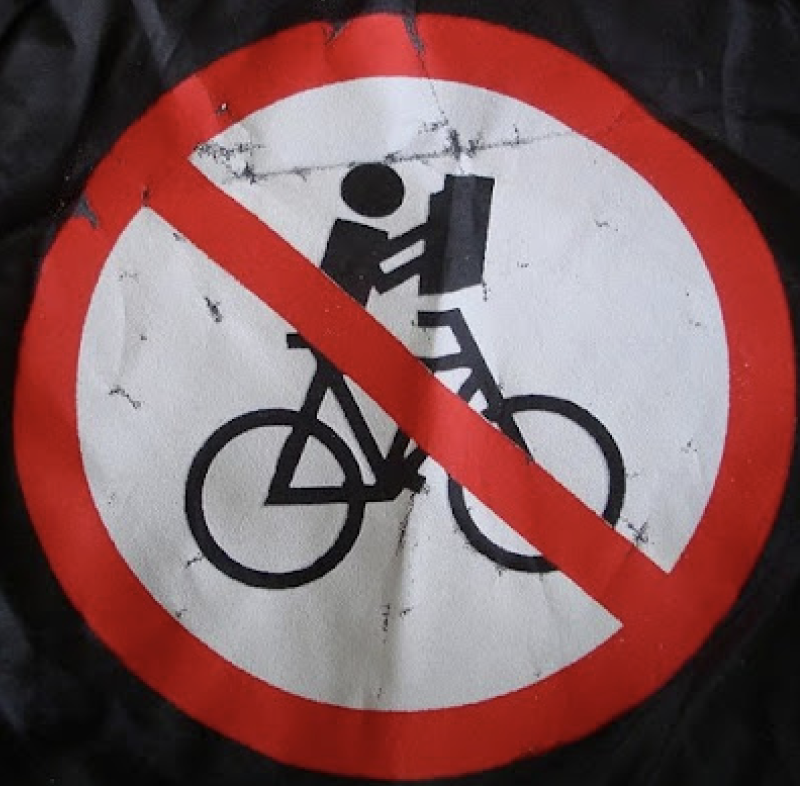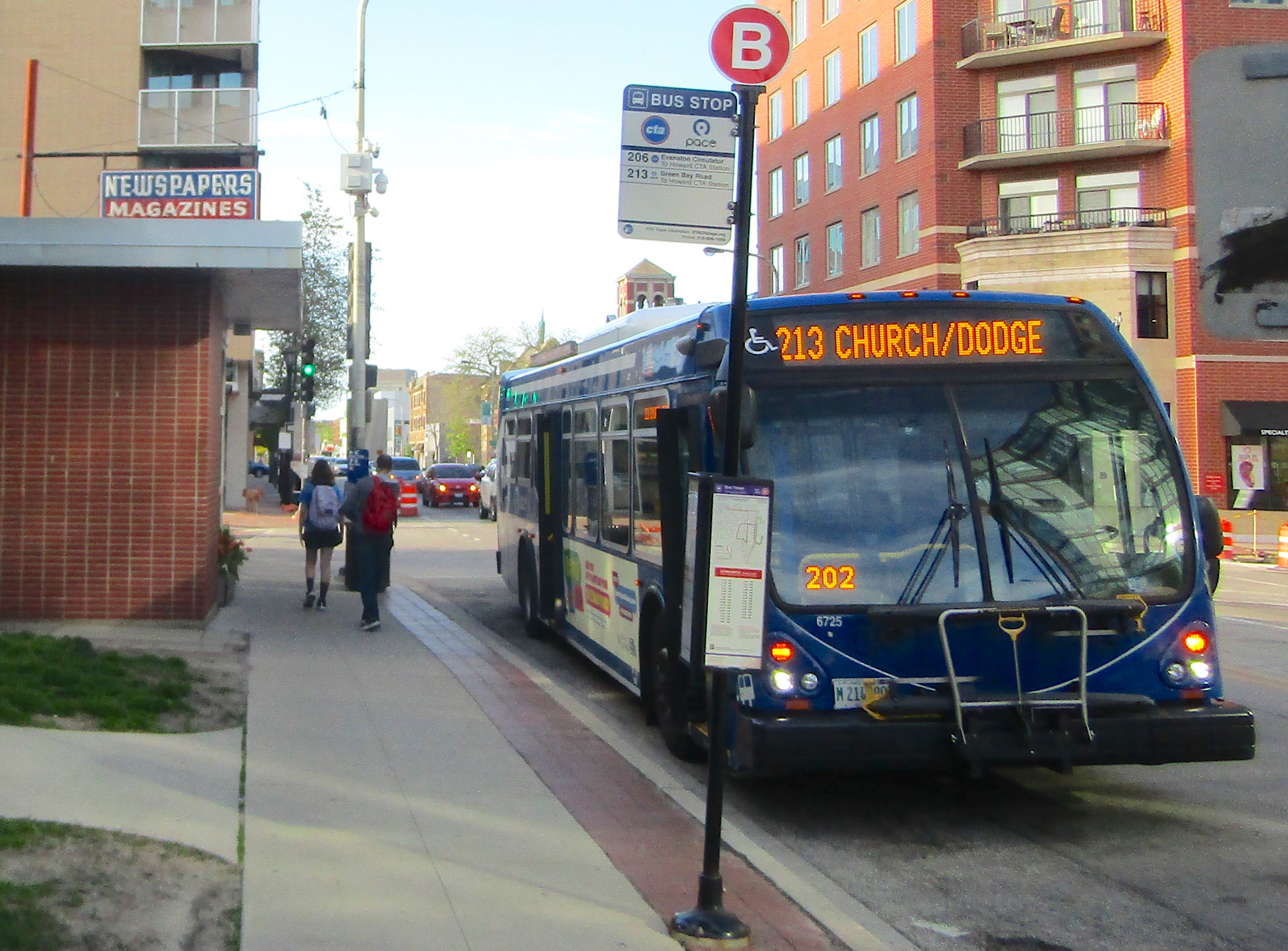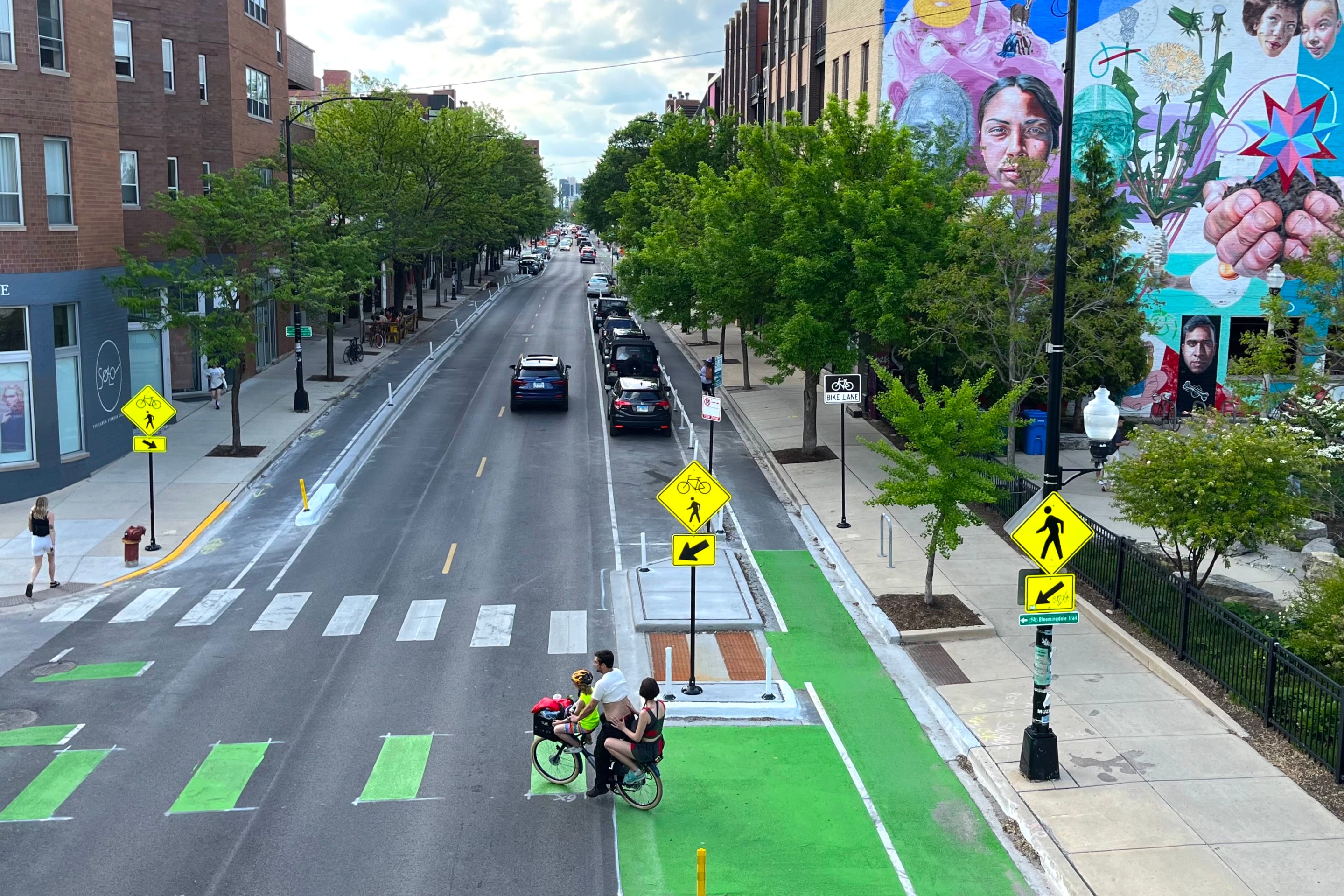Unfortunately for Uber and JUMP bikes, in the end the tens of thousands of dollars they apparently spent on a propaganda campaign against the Divvy/Lyft expansion deal, including buying flattering coverage in local media, thousands of dollars in Facebook ads, and a full-page ad in the Sun-Times, failed to kill the deal.
Today the City Council approved the Divvy contract amendment, which will add 10,500 publicly-controlled electric-assist bikes; expand the system citywide, generate a guaranteed minimum of $77 million for the city over the remaining nine years of the contract; invest $10 million for the Divvy for Everyone equity program; and include several other financial and social justice benefits for Chicago.
After the month-long misinformation campaign by Uber and its subsidiary JUMP (read a summary of the saga here), including passionate testimony by people on both sides of the issue at previous hearings, the final vote at the City Council chambers today was a bit anticlimactic. Rather than taking taking a roll-call vote on the Divvy/Lyft contract amendment, which would have required the 50 aldermen to state "yea" or "no" on the deal, the Council simply voted to approve a full docket of ordinances that had been previously been approved by the Committee on Pedestrian and Traffic Safety, including the bike-share deal.
During the brief "voice vote" on the Divvy amendment, committee chair Alderman Walter Burnett (27th) stated that over the past few days he has pushed Lyft to increase the amount of minority-owned subcontracting firms they hire to fulfill the contract. He acknowledged that, to Divvy's credit, its workforce is mostly made up of Black and Latino residents, and is unionized. Burnett said that he is requiring Lyft to increase its minority subcontractor participation, and said the company will provide reports on their progress in this area.
The lone voice of dissent against the passage of the deal was Alderman David Moore (17th), who asked that he be recorded as a "No" vote. He cited a letter that 43 South Side clergymen, including civil rights legend Jesse Jackson Sr., had signed, supporting Uber's competing bike-share proposal. This scenario would have privatized part of Chicago's bike-share system and used non-union labor. (So far, no one has been able to tell me why all of these faith leaders suddenly took such a keen interest in bike-share.) Moore also said he's disappointed that the new Divvy bikes won't be manufactured in Chicago, noting that our city was formerly home to the Schwinn bicycle company.
In the Council chambers, transportation chief Rebekah Scheinfeld lauded the passage of the contract amendment, which also relieves the city of the burden of covering part of Divvy's operations losses and includes a job training program for youth and ex-offenders, as a "great day for Chicagoans and a great day for Divvy."
"We're building on this fantastic system that we have with our very strong partner Motivate," Scheinfeld said, referring to the Lyft subsidiary that runs the publicly owned Divvy networ for the city. "We are delivering on our longstanding commitment to bring Divvy citywide in a very short period of time, starting this summer." The city plans to expand the bike-share coverage area, which currently stops at 87th Street, to include the Far South side by the end of the year, and Lyft is required to achieve citywide coverage by the end of 2021, if not sooner.
So does Scheinfeld feel that Uber's campaign against the deal, which included broadcasting plenty of misleading and downright false information, was unethical? "I understand that there is tight competition between private providers in the transportation market," she said diplomatically. "In the end, the merits of [the Divvy/Lyft deal] is what carried the day."
Alderman Anthony Beale (9th) told me he's pleased with the outcome. "We've been trying to get Divvy on the Far South Side for over eight years now, and to finally get this expansion is a huge win for the South and West Sides," he said. "Lyft made a lot of concessions in order to get there."
Did Uber try to lobby him to vote against the Divvy contract amendment? "Of course they tried to come to us with their own deal," he replied. "It's a competition -- naturally they're going to come in and try and conquer. But in the end I think we wound up with a great deal"
Unsurprising, Lyft is stoked about the vote. “The expansion of the Divvy system to all 50 wards of Chicago will make this world-class bike-share system truly equitable, and we are eager to get started," said spokesperson Julie Wood. "We're committed to working closely with leaders across the city to bring bike-share, as well as new investment and opportunities, to their communities."
Uber and JUMP didn't respond to a request for comment.
So there you have it. After a monthlong, rather one-sided battle between the two ride-hailing titans, and half a dozen Streetsblog articles documenting Uber and JUMP's trickery, the future looks bright for Chicago bike-share.
